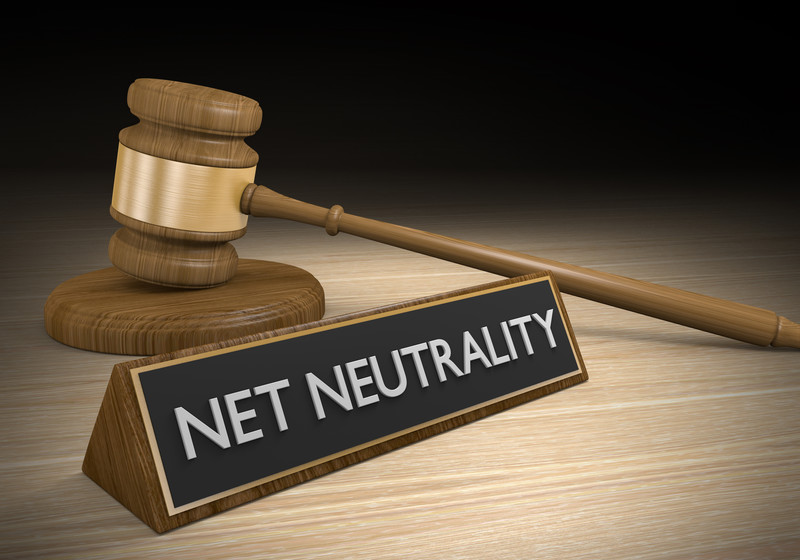 The war for net neutrality has moved to the halls of Congress and the courtroom. Attorneys generals from 21 states and the District of Columbia have filed suit to overturn the FCC‘s new rules on net neutrality. But the battle is not just the states against the FCC. Technology companies and public interest groups have also filed law suits. Firefox browser maker Mozilla, the public-interest group Free Press and New America’s Open Technology Institute have all taken up the battle for net neutrality. Other major tech-industry companies including Facebook, Google and Netflix are getting in the fight along with other lobbying groups.
The war for net neutrality has moved to the halls of Congress and the courtroom. Attorneys generals from 21 states and the District of Columbia have filed suit to overturn the FCC‘s new rules on net neutrality. But the battle is not just the states against the FCC. Technology companies and public interest groups have also filed law suits. Firefox browser maker Mozilla, the public-interest group Free Press and New America’s Open Technology Institute have all taken up the battle for net neutrality. Other major tech-industry companies including Facebook, Google and Netflix are getting in the fight along with other lobbying groups.
The lawsuit, led by New York Attorney General Eric Schneiderman was kicked off in the U.S. Court of Appeals for the DC Circuit. The petition asks the court to overturn the the FCC’s decision claiming the rule is “arbitrary, capricious, and an abuse of discretion” under the law. The suit also argues that the the FCC improperly reclassified broadband as a Title I information service, rather than a Title II service, because of “an erroneous and unreasonable interpretation” of communications law. Title II services, also known as common carriers, are subject to greater regulation.
An example of a Title II service would be the U.S. Postal Service. The post office can’t deny service to people sending letters it disagrees with. Another example is the phone company. The phone company can’t refuse service to people based on their religious views. Everyone has the same right to pay to use the service. Until now ISPs were considered common carriers.
The lawsuits are a multi-faceted battle to preserve net-neutrality. In congress Democrats are working to undo the new rule. Democrats in the Senate announced that they were just one vote shy of winning a vote to restore Obama era net neutrality rules. All 49 Democrats have agreed to vote for the repeal of the new Internet regulations. On the Republican side Senator Susan Collins of Maine supports the action. That leaves Democrats searching for the final Republican to cross the party line and join them. The idea is not so far fetched since the net neutrality issue is a hot button issue for young people and the mid-term elections are approaching.
“Given how quickly we have gotten 50, we have a real chance of succeeding,” said Senator minority leader Chuck Schumer of New York in a statement.
Even if the Democrats succeed in getting the votes the rules does not automatically change. The same bill would have to be introduced and passed in the House of Representatives. That body is controlled by the Republicans and House Speaker Paul Ryan could simply refuse to bring it to the floor for a vote.
Finally, there is Donald Trump. He has to sign the bill to reverse the FCC action. Although the White House has publicly said it supports the the FCC move Trump has never been sure what he wants to do about net neutrality.
According to his own tweets Trump was all in for net neutrality in 2014. Trump criticized Obama for attacking the Internet, and defended net neutrality as “the Fairness Doctrine.” Now that has changed and he is all for the new rules.

